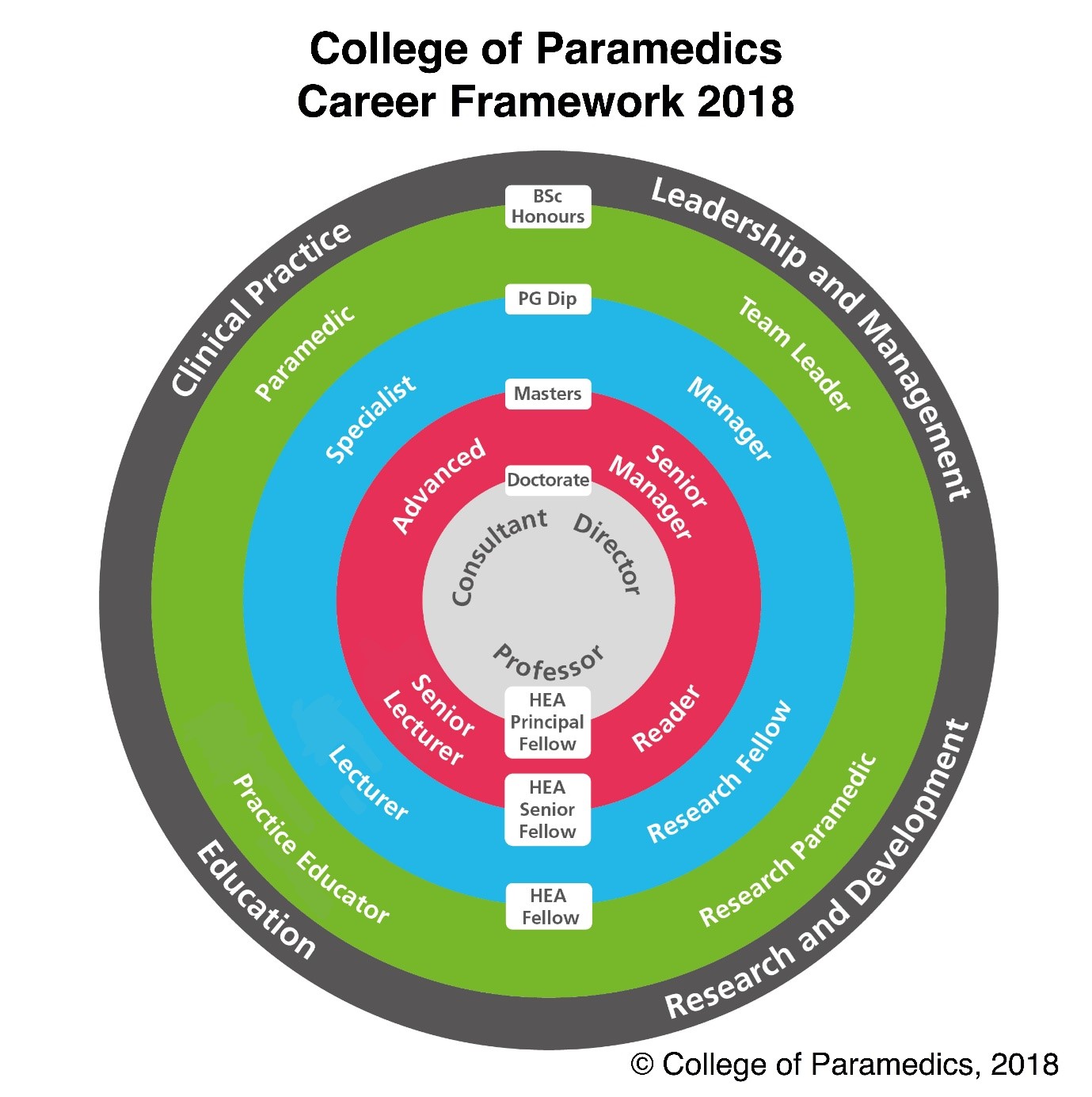Overview of the role
Paramedics have many complementary skills to bring to Primary care and there are now many opportunities across a variety of health care settings for these skills to be utilised. Incorporating the Paramedics experience, skills and knowledge into primary care can complement the existing services.
In this role the paramedic will:
- Deliver a high standard of patient care as an advanced paramedic using advanced autonomous practice with a broad base of theoretical knowledge
- Manage on a day-to-day basis a clinical case load (Including triage, telephone triage, diagnosis, treatment, referral and review or discharge) using a wide range of advanced skills and expert knowledge for patients presenting with undifferentiated and on diagnosed conditions
- promote clinical leadership within the practice
- Mentor/support staff in developing and maintaining skills
- provide clinical leadership within the practice
- work as part of the practice team providing care in a variety of clinical and nonclinical settings including residential care homes, patients’ homes, and other settings as necessary
- Work in accordance with the health & care professionals council (HCPC)standards
- Practice in accordance with legislation policies and procedures i.e. safeguarding whistleblowing data protection etc.
- Identify and address ethical issues which may impact on patient care, carers, and society
- Identify or act when their own or others’ behaviour undermines equality diversity and human rights
Professional conduct, values, behaviour
The paramedic specialist in primary and urgent care will adhere to legal, regulatory and ethical requirements, professional codes, and employer protocols.
Specifically, this means working in accordance with the Health & Care Professions Council (HCPC) Standards of conduct, performance and ethics and Standards of proficiency: Paramedics.
HCPC (2016): Standards of conduct, performance and ethics: https://www.hcpc-uk.org/publications/standards/index.asp?id=38
HCPC (2014), Standards of Proficiency: Paramedics: http://www.hpc-uk.org/assets/documents/1000051CStandards_of_Proficiency_Paramedics.pdf
The paramedic specialist in primary and urgent care will also take account of the NHS Constitution in their decisions and actions. The Constitution sets out rights for service users, public and staff. It outlines NHS commitments to service users and staff, and the responsibilities that the public, service users and staff owe to one another to ensure that the NHS operates fairly and effectively: https://www.gov.uk/government/publications/the-nhs-constitution-for-england
Core Clinical Skills
The following outlines the assessment and management skills that the paramedic specialist in primary and urgent care should be able to perform within the context of the capabilities and are applicable across a variety of service users including adults, children and pregnant women.
These are the core clinical skills, but as the paramedic specialist develops, they may develop additional skills according to the environment in which they work.
- Respiratory system
- Cardiovascular system
- Nervous system
- Head, Neck, Ears, Nose and Throat
- Skin
- Musculoskeletal system
- Gastrointestinal and Genitourinary system
- Eyes
- Mental health
- Social and psychosocial needs
- Palliative and End of Life Care
- Remote consultation (telephone triage, Skype etc)
- Diagnostics and Procedures
- Therapeutics
- Resuscitation
Opportunities/Development Within the Role
- Training and development in various areas including chronic disease management, independent prescribing etc.
- Working with a multidisciplinary group
- Patient facing and continuity of care
- Working as a team
- Peer support


